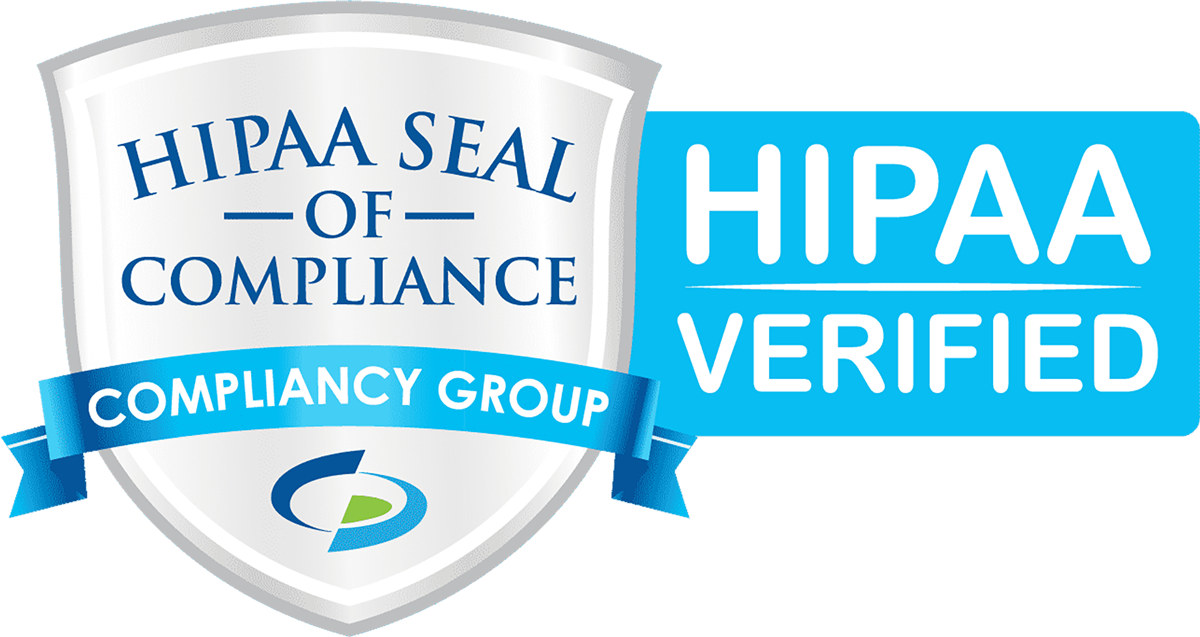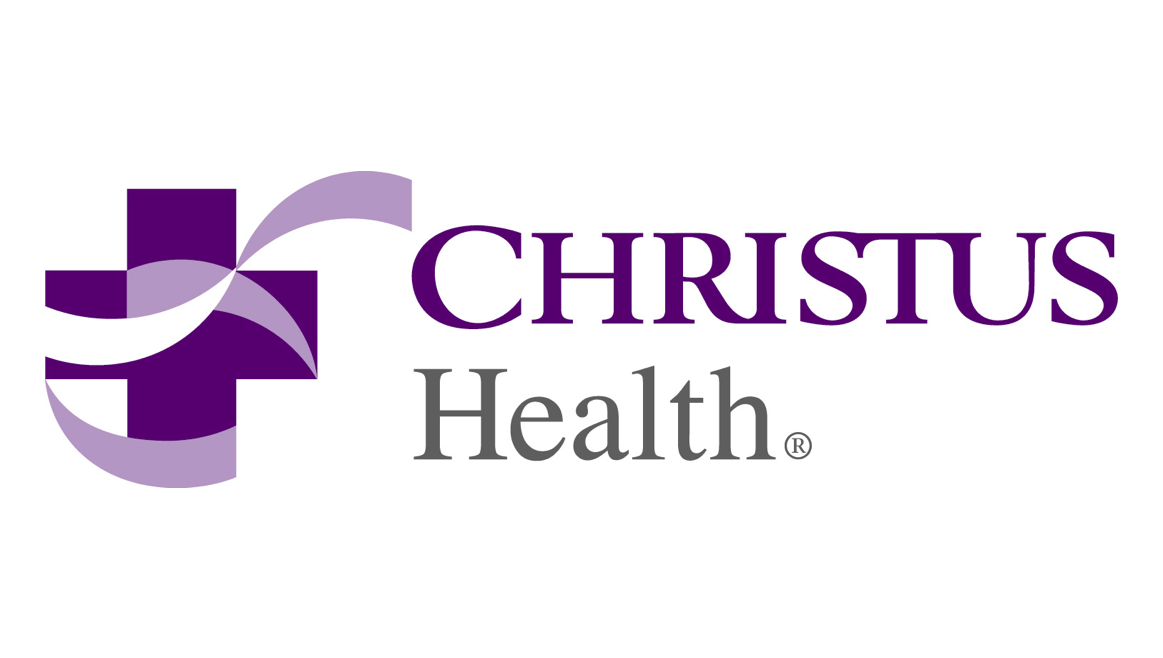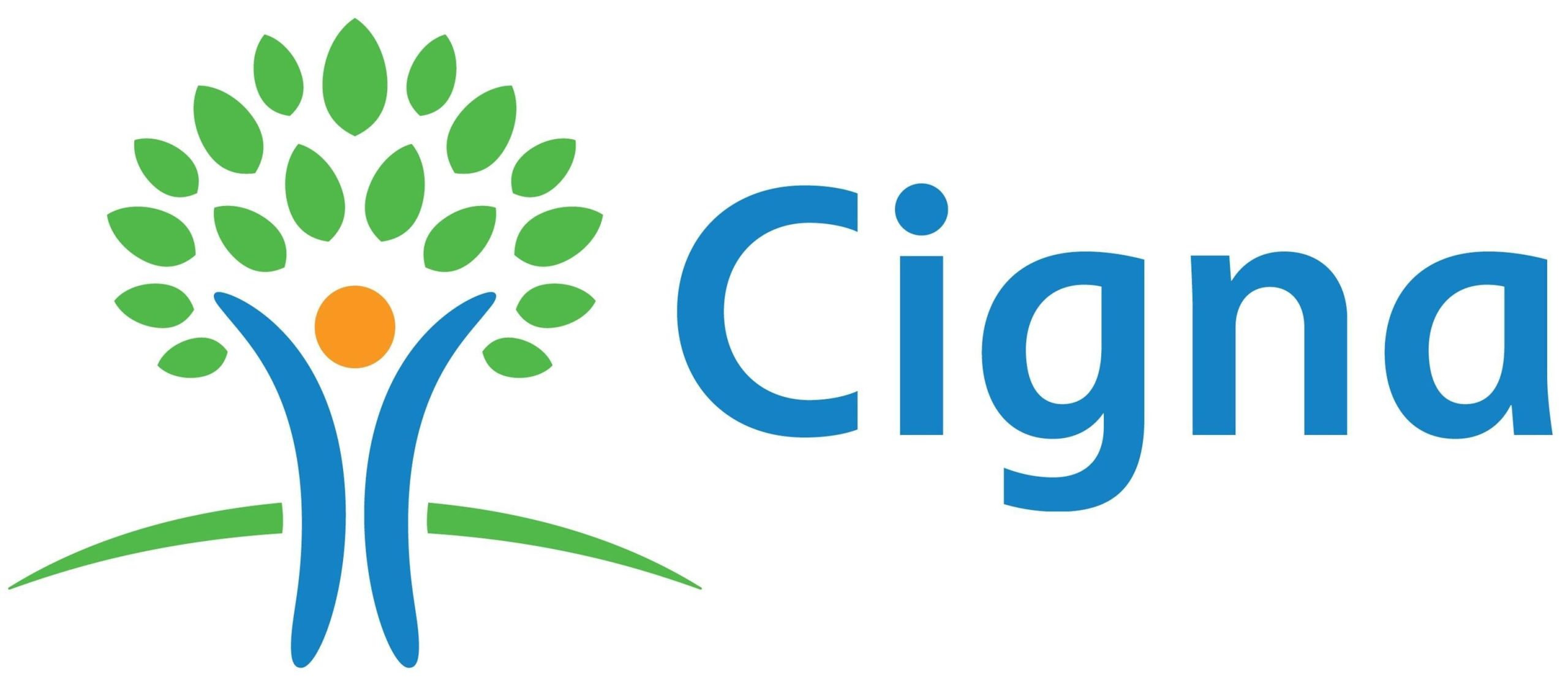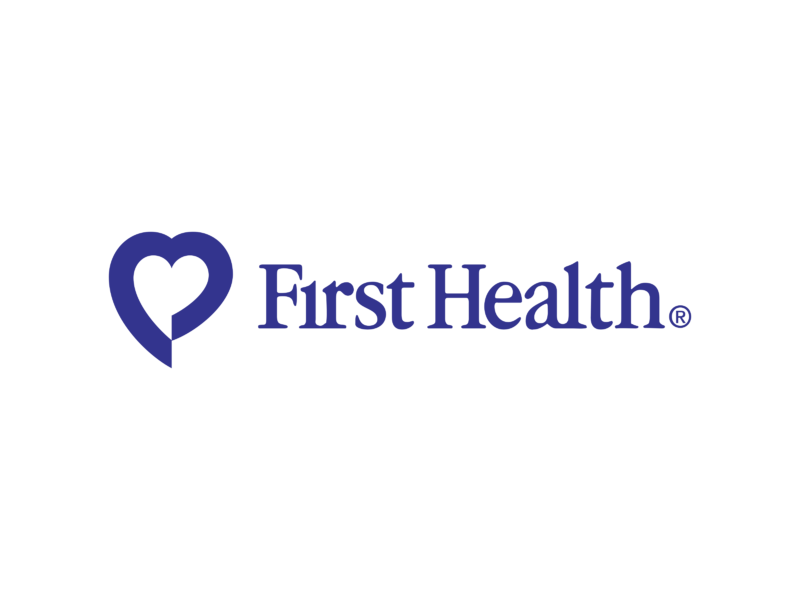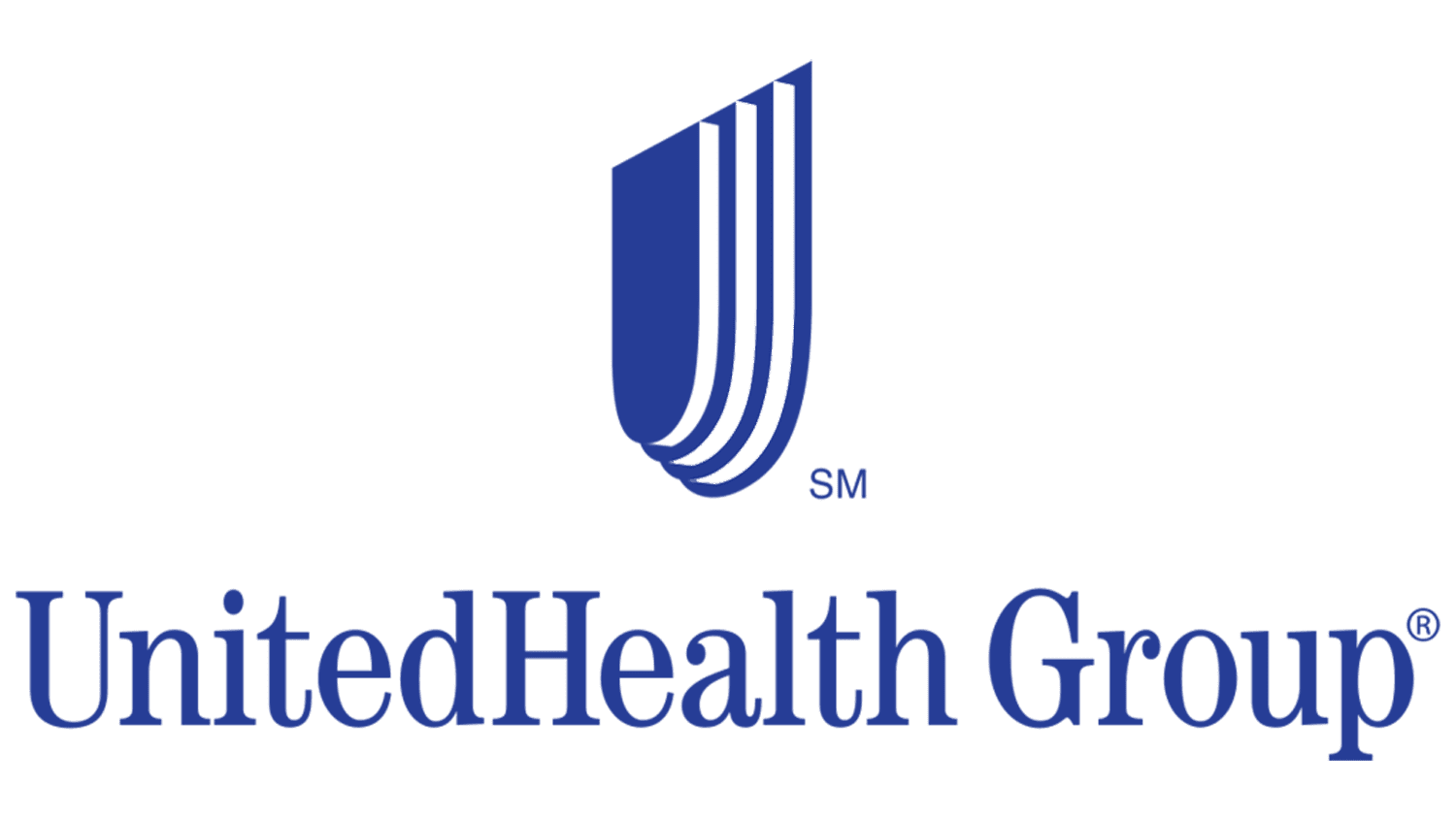Introduction to Bright Path Program
Our Approach to Mental Health Care
At Bright Path Program, we believe in a comprehensive, compassionate approach to treating mental health and substance abuse. Our primary goal is to provide effective obsessive-compulsive disorder treatment and other mental health services to help individuals reclaim their lives.
Our program stands out due to our personalized treatment plans tailored to each individual’s unique needs. We combine evidence-based therapies with holistic practices to ensure our clients receive the best possible care. Our services include various psychotherapy treatments such as Cognitive Behavioral Therapy (CBT) and Exposure and Response Prevention (ERP) techniques.
Why Choose Bright Path Program?
- Comprehensive Care:
- We offer a full spectrum of care, from partial hospitalization to intensive outpatient programs designed to support our clients at every stage of their recovery journey.
- Experienced Professionals:
- Our team includes licensed therapists, psychiatrists, and support staff dedicated to providing the highest level of care.
- Evidence-Based Practices:
- We utilize proven treatment modalities such as CBT, Dialectical Behavior Therapy (DBT), and EMDR therapy to address a wide range of mental health issues.
- Holistic Approach:
- In addition to traditional therapy, we incorporate holistic methods to promote overall well-being, including mindfulness practices and stress management strategies.
Specialized Treatments
- Obsessive-Compulsive Disorder (OCD):
- Our OCD treatment program utilizes therapies like cognitive behavioral therapy and ERP to help clients manage their symptoms effectively.
- Substance Abuse:
- We offer a comprehensive drug addiction treatment program that addresses the root causes of addiction and promotes sustainable recovery.
For more detailed information about our services, you can explore our offerings such as day programming or read more about treatments for specific conditions like depression treatment and anxiety disorder treatment.
Our goal is to break barriers and provide a supportive environment where individuals can thrive and achieve long-term health and wellness. Join the Bright Path Program and take the first step towards a brighter future.
Psychotherapy for OCD Treatment
At Bright Path Program, we offer comprehensive psychotherapy options for effective obsessive compulsive disorder treatment. Specifically, Cognitive Behavioral Therapy (CBT) and Exposure and Response Prevention (ERP) techniques have proven to be highly effective in managing OCD symptoms.
Cognitive Behavioral Therapy (CBT)
Cognitive Behavioral Therapy (CBT) is a well-established treatment for OCD. It aims to help patients identify automatic, unrealistic thoughts and change their interpretations of these thoughts. This results in decreased anxiety and fewer compulsive behaviors.
Studies show that CBT, particularly when combined with ERP, is highly effective in treating OCD. It is designed to address the distorted thinking patterns that contribute to OCD and facilitate the implementation of exposure techniques. According to PubMed Central, cognitive interventions significantly improve the effectiveness of ERP, resulting in about 80% of patients experiencing substantial clinical improvements.
Exposure and Response Prevention (ERP) Techniques
ERP, a core component of CBT, involves gradual exposure to feared objects or situations and preventing the usual response or ritual. This technique helps patients with OCD by reducing avoidance and anxiety over time.
PubMed Central highlights that ERP includes several methods such as in vivo (real-life exposure), imaginal exposure, ritual prevention, and processing. The treatment has been highly effective, with a majority of patients maintaining their gains long after completing the therapy.
ERP Techniques:
- In Vivo Exposure: Direct confrontation with feared objects or situations in real life.
- Imaginal Exposure: Visualization of feared scenarios to reduce anxiety.
- Ritual Prevention: Deliberately refraining from the compulsive behavior to break the cycle.
According to NCBI, ERP combined with cognitive strategies yields low refusal rates (about 8%) and significant clinical improvements for OCD patients.
For more detailed information on how we implement these therapies, visit our pages on cognitive behavioral therapy and exposure and response prevention. Our holistic approach ensures comprehensive support for those managing OCD and other mental health challenges.
Medications for OCD Management
Medications play a crucial role in the management of Obsessive-Compulsive Disorder (OCD). While various options are available, the most commonly prescribed medications for OCD fall into two categories: Selective Serotonin Reuptake Inhibitors (SSRIs) and other antidepressants and psychiatric medicines.
Selective Serotonin Reuptake Inhibitors (SSRIs)
Selective Serotonin Reuptake Inhibitors (SSRIs) are the primary type of antidepressant used to treat OCD. These medications help by increasing serotonin levels in the brain, which can improve OCD symptoms. According to NHS, SSRIs can take up to 12 weeks to show benefits, and most individuals require treatment for at least a year, with some needing to continue SSRIs for many years.
These medications are often used because they provide a balance between efficacy and tolerability. Better results can be achieved by combining SSRIs with cognitive behavioral therapy (CBT) or exposure and response prevention (ERP) (NCBI).
Antidepressants and Psychiatric Medicines
In addition to SSRIs, other antidepressants and psychiatric medicines may be prescribed to manage OCD symptoms. These medicines aim to control the obsessions and compulsions associated with OCD.
Antidepressants such as clomipramine (Anafranil) are sometimes considered when SSRIs are ineffective (Mayo Clinic). Clomipramine is a tricyclic antidepressant that can be useful for some patients.
For individuals who do not respond to SSRIs alone, augmentation strategies may include atypical antipsychotics like risperidone and aripiprazole. Studies indicate that these medications, when used alongside SSRIs or CBT, can show significant clinical improvement in resistant OCD patients (NCBI).
Combining pharmacological treatments with psychotherapeutic approaches like cognitive behavioral therapy can offer enhanced results. It’s important for patients to work closely with their healthcare provider to find the optimal combination of treatments that work best for them.
For more information on various treatment programs and therapies, check out our pages on partial hospitalization program, intensive out-patient program, and day programming.
Lifestyle and Home Remedies for OCD
To effectively manage obsessive-compulsive disorder (OCD), building a supportive lifestyle and incorporating home remedies can play a crucial role. These strategies complement our professional obsessive compulsive disorder treatment plan and can significantly improve overall well-being.
Building Supportive Routines
Creating a structured routine can help individuals with OCD to manage their symptoms more effectively. Consistency and predictability in daily activities can provide a sense of control and stability.
| Activity | Recommended Frequency |
|---|---|
| Exercise | 3-5 times per week |
| Mindfulness meditation | Daily |
| Sleep schedule | 7-9 hours per night |
| Healthy meals | 3 balanced meals per day |
| Leisure activities | At least once a week |
Integrating regular exercise, mindfulness meditation, and a consistent sleep schedule can reduce stress levels and improve mental health. Healthy meals and leisure activities can also contribute to overall well-being. For more information on building effective routines, explore our day programming services.
Coping Strategies and Self-Care
Coping strategies and self-care practices are essential for managing OCD symptoms on a daily basis. These techniques can provide immediate relief during stressful situations and promote long-term well-being.
Coping Strategies
- Exposure and Response Prevention (ERP): Gradually exposing oneself to fear triggers while avoiding compulsive behaviors.
- Grounding techniques: Engaging the five senses to stay present and reduce anxiety.
- Breathing exercises: Practicing deep and controlled breaths to calm the mind.
Self-Care Practices
- Journaling: Writing down thoughts and feelings to gain insights and track progress.
- Hobbies: Engaging in enjoyable activities to distract from obsessive thoughts.
- Social support: Connecting with friends, family, or support groups to share experiences and receive encouragement.
Implementing these coping strategies and self-care practices can help manage the challenges of living with OCD. Additionally, participating in our intensive out-patient programs can provide further support and guidance.
By adopting supportive routines and coping strategies, individuals can take significant steps towards managing their OCD symptoms. These lifestyle changes, combined with professional treatment, can improve the quality of life and provide a balanced approach to mental health care. For comprehensive information on our treatment options, visit our sections on cognitive behavioral therapy and depression treatment.

